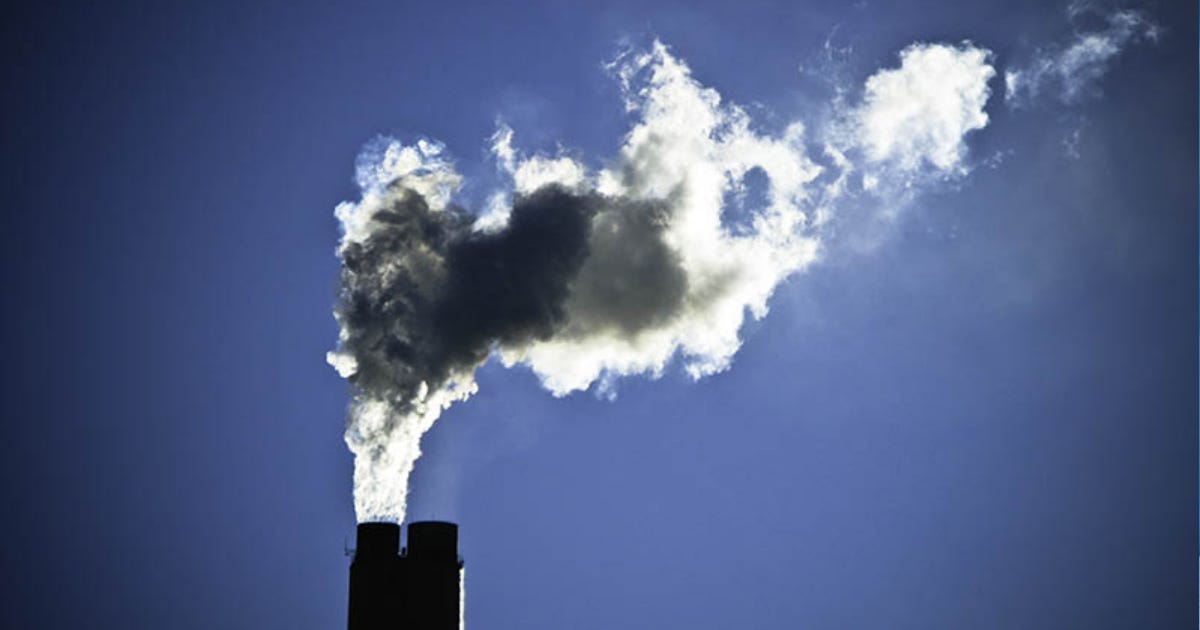Feds admit carbon tax impact on emissions was negligible, targets off track
Federal environment officials conceded during a committee hearing on Monday that the now-scrapped consumer carbon tax had a single-digit impact on reducing emissions.
By: Isaac Lamoureux, True North
Federal environment officials conceded during a committee hearing on Monday that the now-scrapped consumer carbon tax had a single-digit impact on reducing emissions, while also admitting Canada is not on track to meet its 2030 climate targets.
The admissions came during a Commons environment committee meeting on Monday.
“When it comes to carbon pricing for consumers, we believe that it had a limited effect. It may reduce reduction by 1 to 2 per cent compared to 2005 levels,” said Alison McDermott, the Assistant Deputy Minister of Environment and Climate Change Canada. She estimated that this would amount to about a reduction of three megatonnes by 2030.
Officials further admitted that even if the oil and gas emissions cap went forward, they projected Canada would only achieve a 34 per cent reduction in emissions by 2030 compared to 2005 levels, rising to 40 per cent by 2035.
The Liberals announced a target reduction of greenhouse gas emissions of 40 to 45 per cent by 2030 in their reduction plans released in March 2022.
Bloc Québécois MP Patrick Bonin said that Prime Minister Mark Carney has repeatedly refused to commit to carbon reduction goals by 2030. He asked whether anyone, aside from U.S. President Donald Trump, who had signed the Paris Agreement, had backed down on those targets.
“The international regulations were not created to make it easy for countries to back down on their ambitions. They were really created so that countries think big. So they weren’t created to allow for countries to back down,” said McDermott. “There is nothing about allowing nations to reduce their targets.”
Conservative MPs Branden Leslie and Carol Anstey said the Liberal target was effectively a “production cap.” However, some Environment and Climate Change Canada officials, like Megan Nichols, disagreed.
Provincial politicians, like Alberta Premier Danielle Smith, have repeatedly referred to the cap as a production cap as well. Smith said that if the Liberals did not repeal their anti-energy policies, they risked leaving $14 trillion worth of natural resources in the ground.
Conservative MP in Newfoundland and Labrador, Carol Anstey, revealed that industry reports highlight a 60 per cent drop in offshore capital spending since 2016, with no exploration wells in 2025.
“So it’s interesting that you would say there’s no cap on production when currently we’re seeing that there is a big drop,” she said.
Nichols maintained that industrial carbon pricing is one of the key ways that the Liberals will achieve their climate goals. She said the government is currently working with provinces and territories on strengthening that system.
Environment officials could not say whether they had specific studies on the competitiveness of Canada’s oil and gas sector compared to the country’s largest emitters—China, Russia, and the United States—which do not have a carbon tax.
However, McDermott revealed that Carney would be releasing a climate competitiveness strategy in the near future, further detailing the government’s policies to come.
Leslie asked how morale was inside the department after the Liberals had removed the consumer carbon tax, after Bill C-69 had scared away private investment in the country, and after the EV mandate had been paused.
“After years of implementing these policies, and now just to see them repealed by yet the same Liberal government, how is morale inside the department?”
McDermott claimed that morale was “challenged” but remained. She said the department feels more important now than ever, claiming that the Unit




